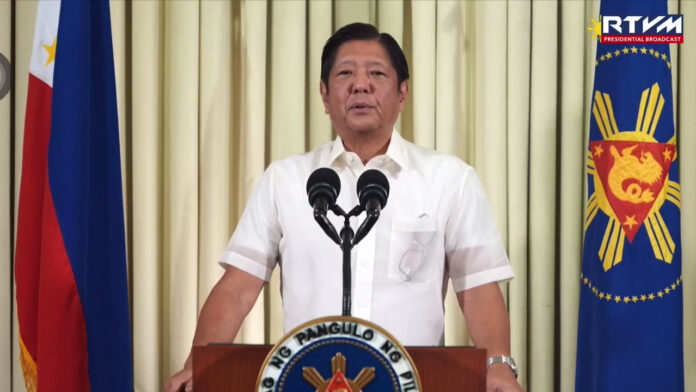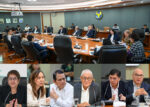The Marcos administration placed its anti-corruption drive at the forefront on the second day of the Pilipinas Conference 2025, with Public Works Secretary Vince Dizon telling national leaders and stakeholders that “something is really going to change” as the government pursues officials involved in wrongdoing, recover public funds, and fix systems long prone to abuse.
He called the current effort an “unprecedented situation” and underscored that accountability will be enforced “no matter who they are, no matter how close they are,” saying the government will “follow the evidence wherever it takes us.”
Dizon urged the public to “judge us on our actions,” insisting that the reforms underway mark only the start of a long process.
He detailed swift steps taken in recent months, noting that cases have been filed against sixty-seven individuals. Ten cases have been forwarded to the Philippine Competition Commission involving up to P2.5 billion in possible recoveries, twenty-five people have been formally charged, thirty-four show-cause orders have been issued, and twenty people have been suspended.
He added that P6.3 billion in assets have been frozen in just over two months, which he described as unprecedented.
While investigations into suspected ghost projects continue, Dizon emphasized that infrastructure work must move forward, saying his job is to keep building essential public facilities. He also stressed the need to bring in honest and capable people and to establish a proper merit system.
Dizon announced that the DPWH Transparency Portal will soon go live, promising that it will serve as a benchmark for government openness, with contracts and procurement livestreams available to the public. He said these reforms are “concrete, bold actions.”
Stratbase Institute president Victor Andres “Dindo” Manhit said public anger over corruption has reached overwhelming levels, citing figures showing that 97 percent of Filipinos see corruption as widespread and 90 percent believe collusion exists.
He said citizens want transparency and accountability and emphasized that reform requires shared responsibility across government, business, and civil society. He warned that corruption fuels uncertainty that harms investment and ultimately hurts ordinary Filipinos, stressing that “accountability, accountability, accountability” is essential.
Business leaders Edgar Chua, George Barcelon, and Toti Chikiamko added perspectives on economic conditions and needed policy reforms as the conference marked its tenth year of gathering influential figures to confront the structural challenges shaping the country’s future.







